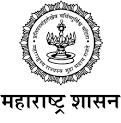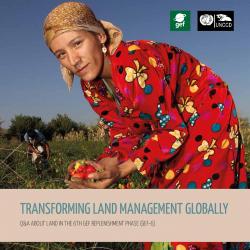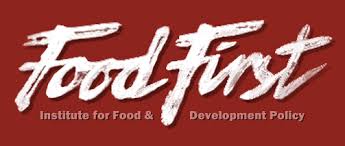
Topics and Regions
Land as a discipline in academics and in policy and development discourses, has remained comparatively under-developed. Land administration continues to be isolated and sectorally divided, over-bureaucratized and often-politicized. Contrary to the need, land governance portrays legal complexity and institutional inadequacy and exclusiveness. Contested landscapes of land governance in India calls for partnerships and innovations to make development more inclusive and prosperity shared. Participation of land-actors and users, especially communities, civil society and private sector are critical, to make land governance equitable and sustainable. Centre for Land Governance attempts to bridge information gaps, create evidence and build platforms for connection and conversations among land-stakeholders, through knowledge engagements around action and policy research, evidence-based advocacy, communication and capacity building
Details
Location
Contributions
Displaying 21 - 30 of 251Government of Maharashtra
Maharashtra is a state in the western region of India and is India's second-most populous state and
THE KARNATAKA LAND REFORMS ACT, 1961.
Report presents the Act of 1961 and its ammendemnets in the sucessive years.
The Bill has been prepared with a view to introducing a common law relating to tenancy and other allied matters throughout the new State of Mysore in replacement of the following Acts which are in force in the several areas:—
1. The Bombay Tenancy and Agricultural Lands Act, 1948, as in force in the Bombay Area;
2. The Hyderabad Tenancy and Agricultural Lands Act, 1950, as in force in the Hyderabad Area;
Achieving Land Degradation Neutrality at the country level
The twelfth session of the Conference of the Parties of the UNCCD (COP 12) agreed to integrate the sustainable development goals (SDGs) and target 15.3 on Land Degradation Neutrality (LDN) in particular, into the implementation of the Convention, stating
Transforming Land Management Globally
Responding to the immediate challenge of how we sustainably intensify the production of food, fuel and fiber to meet future demand without the further degradation of our finite land resource base, Land Degradation Neutrality (LDN), which emerged from the UN Conference on Sustainable Development (Rio+20) in 2012, is a potential target to address this challenge.
Cultivating Gender Justice
This Backgrounder is the first in a multi-authored series on Cultivating Gender Justice. In this series, we seek to uncover the structural foundations of sexism in the food system and highlight the ways people, communities, organizations, and social movements are dismantling the attitudes, institutions, and structures that hold patriarchy in place. To end hunger and malnutrition, we must end injustices in the food and agriculture system.
Women’s Role in Agricultur e and in Rural Welfare: Access to Land and Resources
This paper will first explain briefly why gendered relations around property rights are an important development and welfare issue. Then it will explore what has happened to women’s rights under agrarian reforms, titling and registration programmes, and land privatization programmes in general. The paper will then briefly describe how women have attempted to respond to threats on their rights. The final section will explore the relation between property rights and access to factor markets, a crucial relation in agricultural production for the market.
PROMISED LAND: Competing Visions of Agrarian Reform
Agrarian reform is back at the center of the national and rural development debate, a debate of vital importance to the future of the Global South and genuine economic democracy. The World Bank as well as a number of national governments and local land owning elites have weighed in with a series of controversial policy changes. In response, peasants landless, and indigenous peoples’ organizations around the world have intensified their struggle to redistribute land from the underutilized holdings of a wealthy few to the productive hands of the many.
Institute for Food and Development Policy
Food First, also known as the Institute for Food and Development Policy, is a nonprofit organization based in Oakland, California, USA.
Access to and distribution of agricultural land
This article is an extract from the bigger document. This articles briefly highlights that the land distribution remains highly unequal in some regions, Productivity growth of high-input agriculture has slowed down, Increased awareness regarding the detrimental effects of DDT has led to its elimination in many countries, Land under organic farming is increasing but remains concentrated in a few countries.
Land Reforms in India: Unfinished Task
This policy brief has been written with the aim of familiarizing you with the problems of the landless and the controversies, gaps and inconsistencies plaguing land reform in India today,focusing particularly on the redistributive structure of land reform.





